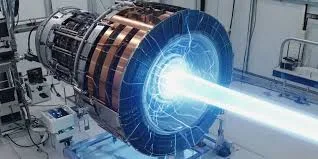
While AI has the potential to greatly benefit humanity and many other living things, it also presents significant risks. Here’s a breakdown:
Potential Benefits:
- Improved healthcare: AI can aid in diagnosis, drug discovery, and personalized treatment plans.
- Enhanced efficiency: Automation can streamline tasks in various industries, leading to increased productivity.
- Environmental conservation: AI can help monitor ecosystems, predict natural disasters, and optimize resource management.
- Scientific advancement: AI can analyze vast datasets to discover new patterns and make groundbreaking discoveries.
Potential Risks: - Job displacement: Automation could lead to job losses in certain sectors.
- Ethical concerns: AI can perpetuate biases present in data, and its use in autonomous weapons raises serious ethical questions.
- Privacy issues: AI systems can collect and analyze large amounts of personal data, potentially compromising privacy.
- Existential risk: Some experts worry about the possibility of superintelligent AI posing a threat to humanity.
The key to maximizing the benefits of AI while mitigating the risks lies in responsible development and deployment. This includes: - Ethical guidelines: Establishing clear ethical principles for AI development and use.
- Transparency: Ensuring that AI systems are transparent and accountable.
- Regulation: Implementing appropriate regulations to govern AI.
- Education: Promoting public understanding of AI and its potential implications.
By carefully considering these factors, we can harness the power of AI for the betterment of all living things.




